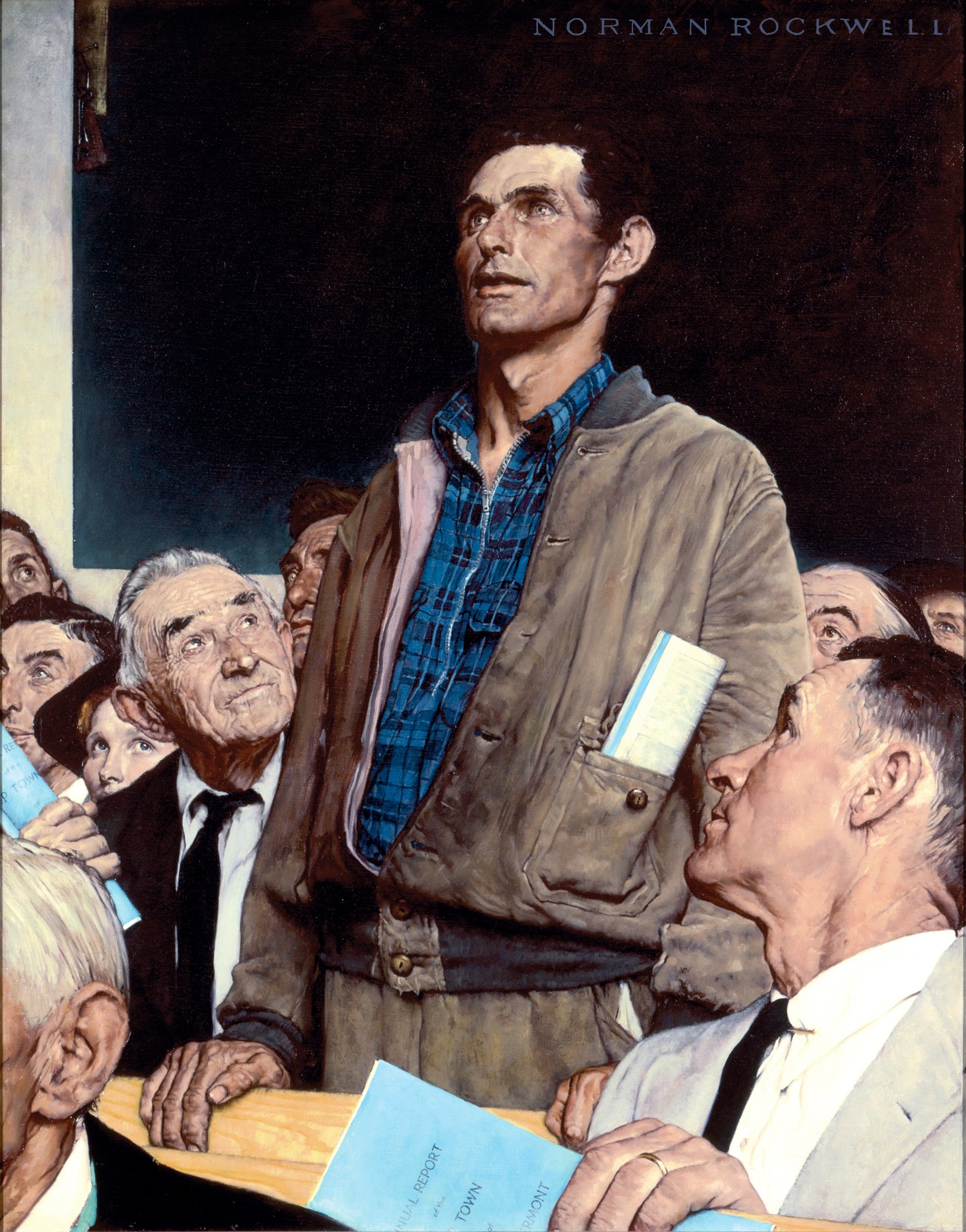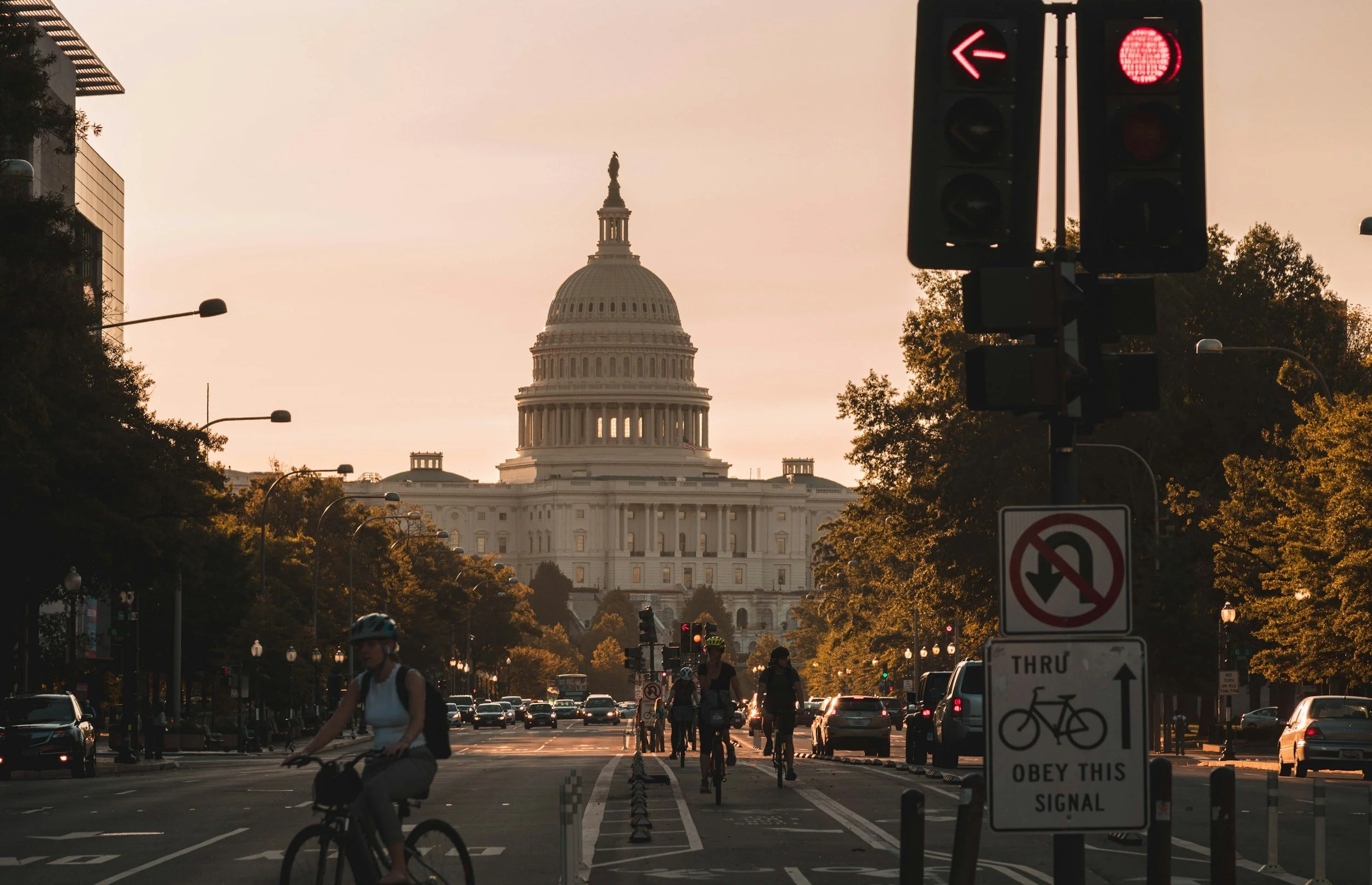Democracy needs artists, keep making art
Art is the voice of the people. It is a reflection of the collective soul of a nation, an expression of the deepest desires and fears of a society. In a world where freedom of expression is under threat, it is crucial that artists continue to create, to give voice to the voiceless and to shed light on the shadows that threaten to engulf us all. In a democracy, art is not just a form of entertainment, it is a vital component of the functioning of society, a means of resistance against tyranny, a tool for self-discovery, and a catalyst for change.
In authoritarian countries, freedom of expression is often curtailed, censorship is prevalent, and artists are punished for daring to speak out against the status quo. The regime may tolerate a certain degree of artistic expression, but only as long as it serves the interests of the ruling party. The voices of dissent are muffled, and the public is left in the dark, unable to express their thoughts and opinions in an open and free manner.
In contrast, in a democratic society, freedom of expression is guaranteed, and censorship is the exception, not the norm. While not all democracies are free from censorship, they at least have a structural system in place to push back against censorship, or at least interrogate it. This system, which is built on the fundamental principle of the right to freedom of speech, allows for a vibrant mosaic of individual opinions and ideas to flourish, leading to a conceptual debate between these ideas, and eventually, to the legislative and societal adoption of these ideas.
The right to be free directly relates to people's ability to think and speak for themselves, which is what is guaranteed in a democracy. The right to vote is the cornerstone of this guarantee, but the right to free speech and artistic expression are just as important. These rights allow individuals to freely express their thoughts and opinions, to challenge the prevailing norms and to push the boundaries of what is socially and culturally acceptable.
Norman Rockwell
Artists are the ones who take the greatest risks in a democracy, using their voices and their talents to confront the issues that others dare not face. They are the ones who shed light on the darkest corners of society, who give voice to the voiceless, and who bring the injustices of the world to the forefront of public discourse. Through their art, they inspire change and help to create a more just and equitable society.
Take, for example, the work of the American painter, Norman Rockwell. Rockwell's paintings were a reflection of American life during the mid-20th century, capturing the struggles, hopes, and fears of a nation that was undergoing rapid transformation. Through his art, Rockwell gave voice to the everyday people, bringing to life their stories and experiences, and giving a voice to their struggles and aspirations. His paintings, with their richly detailed characters, and honest, straightforward imagery, helped to shape the cultural identity of America and played a significant role in shaping the public discourse of the time.
Similarly, the German Expressionist movement of the early 20th century was a response to the political and social turmoil of the time. The artists of the movement used their art to confront the injustices of society, to challenge the status quo, and to give voice to the voiceless. Their work was a bold expression of individual freedom, a rejection of the conventions of society, and a call to arms against the forces of oppression.
The importance of artistic freedom in a democracy cannot be overstated. Without the freedom to express oneself through art, a society risks losing its ability to critically examine itself, to question its assumptions and to identify its flaws. The suppression of artistic expression is often a sign of a broader repression of freedom, and an indication of a society that is in decline.
On the other hand, a vibrant and thriving artistic community is a sign of a healthy democracy, a society that is open to new ideas and willing to engage in a robust and meaningful dialogue about the issues that matter most. The ability to freely express oneself through art is essential to a society's ability to adapt and evolve, to grapple with the complexities of the modern world, and to create a more just and equitable society.
Artists play a crucial role in a democracy, acting as a vital component of the functioning of society, a means of resistance against tyranny, a tool for self-discovery, and a catalyst for change. They give voice to the voiceless, shed light on the injustices of the world, and inspire change. Democracy needs artists, and artists need democracy. So, let us celebrate their creativity, support their work, and defend their right to express themselves freely, so that they may continue to bring light to the shadows and hope to the hopeless.




